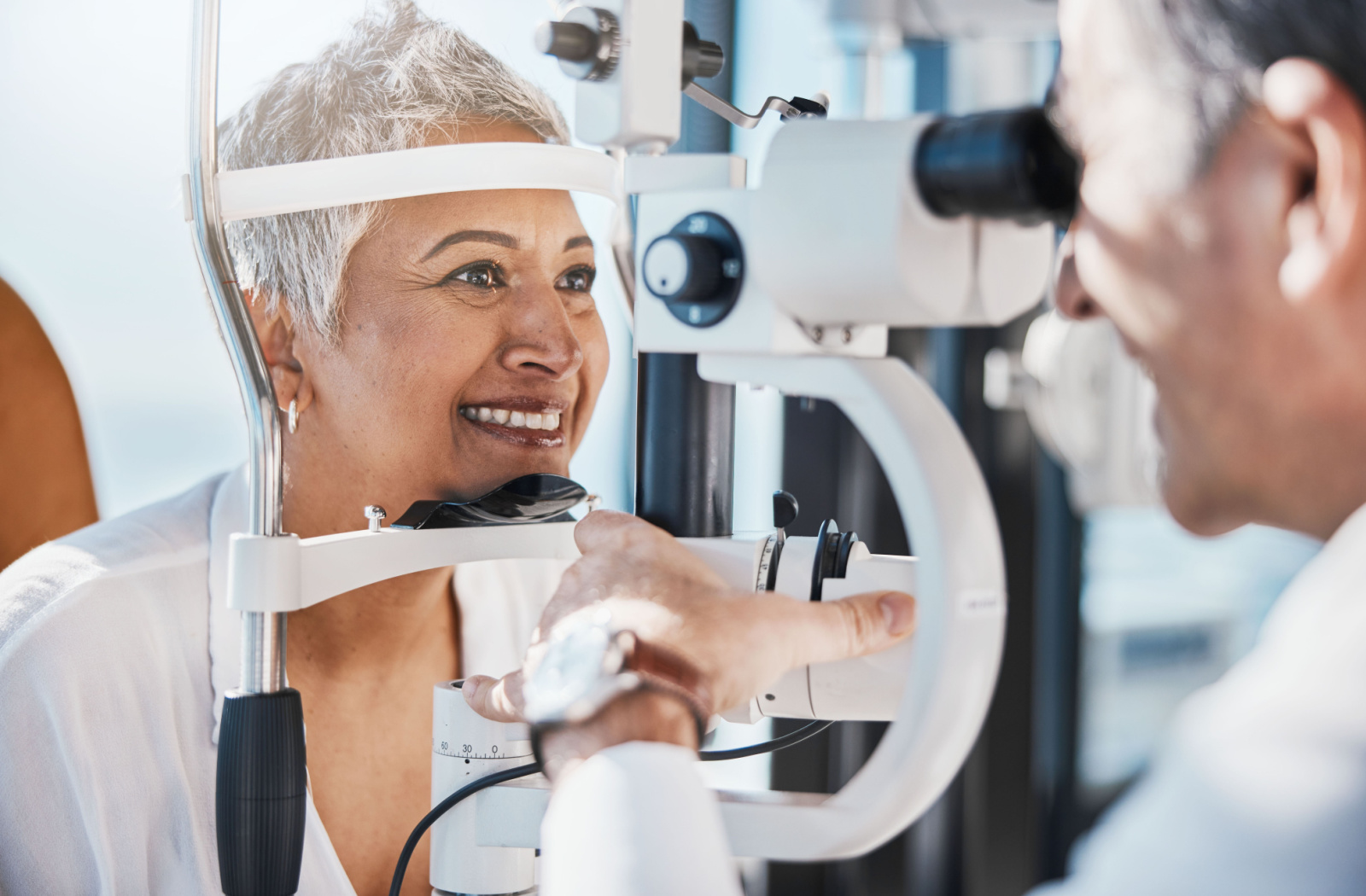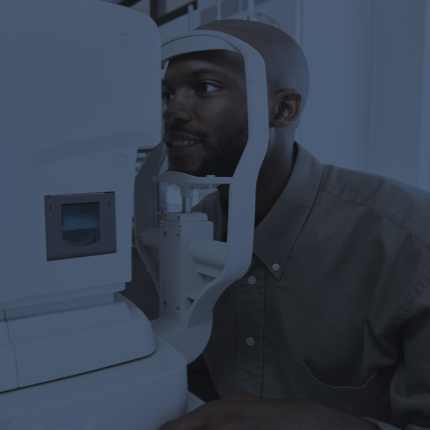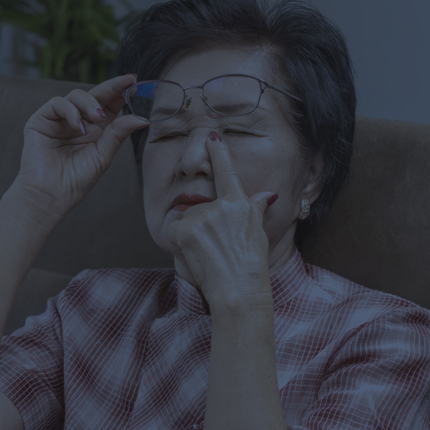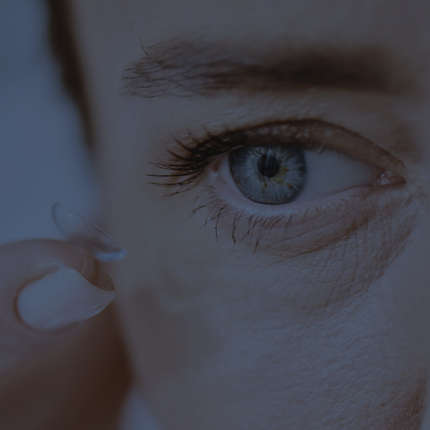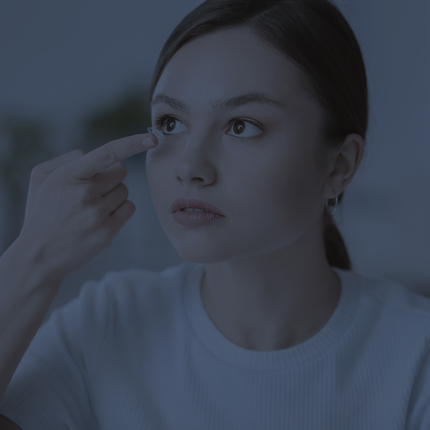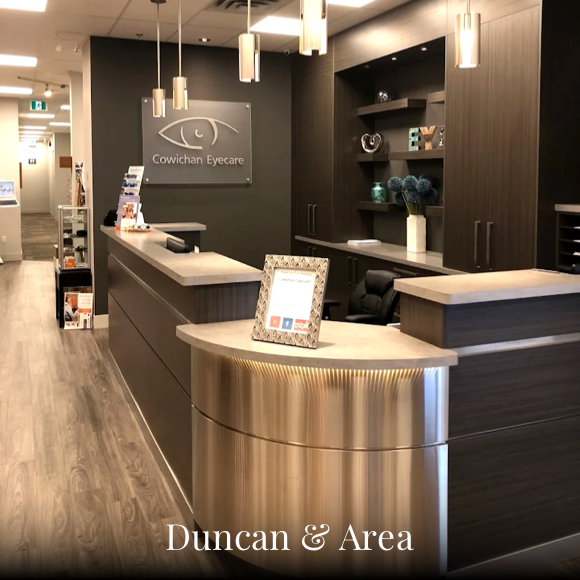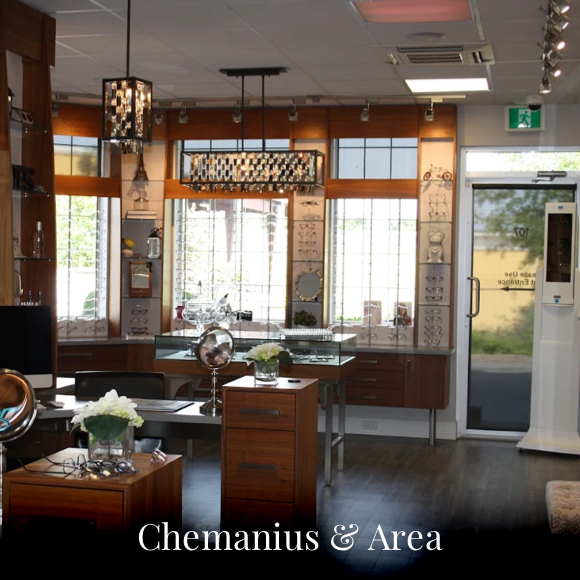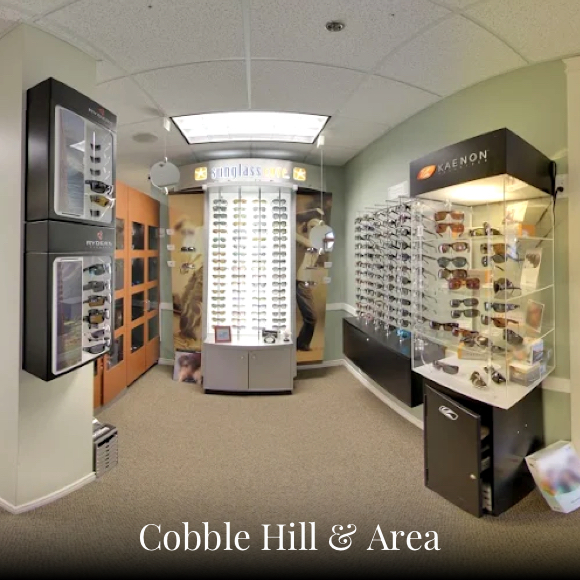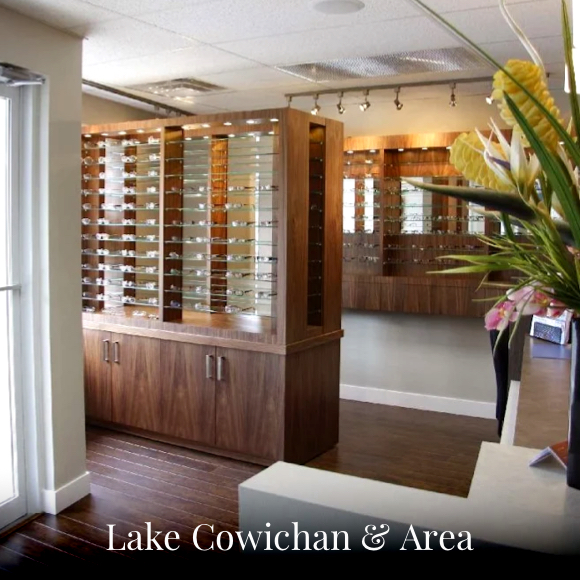When we discuss eyesight, it’s vital to understand that as we age, the risk of developing eye-related conditions increases, emphasizing the importance of early detection and care with regular eye exams. Two of the most common eye diseases are macular degeneration and glaucoma.
While both eye diseases can impact your vision, they have distinct causes, symptoms, and treatments. Macular degeneration is not the same as glaucoma—macular degeneration affects the macular part of your eyes, and glaucoma affects the optic nerve.
What Is Macular Degeneration?
The macula, part of the retina (the light-sensitive tissue at the back of the eye), is responsible for sharp, central vision. When you have age-related damage to the macula, it results in macular degeneration. The condition primarily affects people 55 and over and is the leading cause of severe vision loss in older adults.
Age-related macular degeneration (AMD) doesn’t cause complete blindness but can lead to central vision loss. There are 2 types of macular degeneration:
- Dry macular degeneration: Dry AMD is the most common form and occurs when the macula thins and breaks down over time. It typically progresses slowly in early, intermediate, and late stages.
- Wet macular degeneration: Wet AMD is less common but more severe as it causes faster vision loss. Dry AMD can lead to wet AMD, which involves the growth of abnormal blood vessels at the back of the eye.
What Is Glaucoma?
Glaucoma is a group of eye conditions that damage the optic nerve, which sends messages from your eyes to your brain. You’re at a higher risk of developing glaucoma if you have a family history or are 60 years and older.
The primary cause of glaucoma is elevated intraocular pressure (IOP), which can cause damage to the optic nerve over time. There are several types of glaucoma, such as:
- Open-angle glaucoma: This is the most common form of glaucoma. It develops slowly and is often painless, therefore challenging to detect in the early stages.
- Normal tension glaucoma: This type occurs in people with normal eye pressure.
- Angle-closure glaucoma: This type is less common but regarded as a medical emergency.
Symptoms of Macular Degeneration & Glaucoma
One of the key distinctions between macular degeneration and glaucoma lies in their symptoms.
Dry and wet macular degeneration symptoms vary and may include the following:
- Blurred or distorted central vision
- Trouble seeing in low light
- Colours appear less bright
- Straight lines may appear wavy
- Dark spots in central vision
There are no early warning signs of glaucoma. Most people aren’t aware they have it, as vision loss is slow—the reason glaucoma is often called the silent thief of sight. Glaucoma symptoms can include:
- Gradual loss of peripheral (side) vision
- Tunnel vision in advanced cases
- Severe eye pain, nausea, and blurriness in acute angle-closure glaucoma
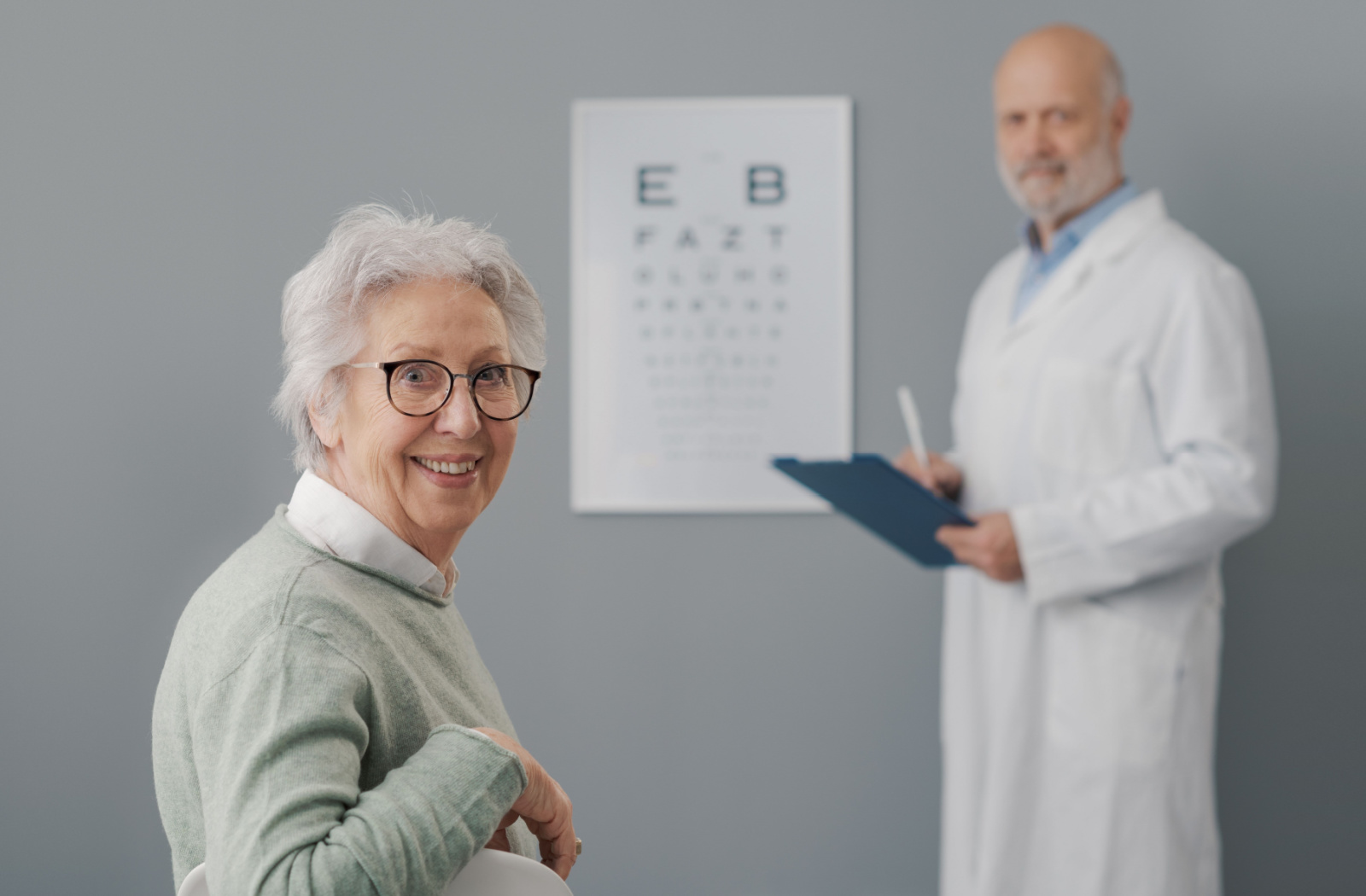
Diagnosis & Early Detection
Early detection of macular degeneration and glaucoma is paramount for effective treatment and preservation of vision, as both eye diseases present with no early symptoms. Regular eye and dilated exams are essential, particularly for individuals 50 and older, as they are at a higher risk.
During these exams, your eye doctor will dilate or widen your pupils to look at the inside of your eyes for signs of damage to the optic nerve or degeneration of the macula. They may also perform various tests, including measuring your IOP for glaucoma. Cross sectional imaging of the retina and optic nerve with OCT technology allows earlier diagnosis and better management of both conditions.
Treatment for Macular Degeneration & Glaucoma
Treatment and management for macular degeneration usually depend on the stage and type. While there is no cure for dry macular degeneration, adopting lifestyle changes can slow its progression. Treatment for wet AMD often involves using injectable anti-VEGF treatments.
The treatment approach for glaucoma usually involves reducing pressure in the eye or draining fluid to prevent damage to the optic nerve by prescribing medicated eye drops or sometimes surgery.
Reducing Your Risk of Macular Degeneration & Glaucoma
Despite age being a risk factor for macular degeneration and glaucoma, you can take steps to protect your vision, such as:
- Prioritise regular eye exams, as they are your first defence against vision-related conditions.
- Maintain a healthy diet with foods rich in antioxidants, vitamins, and minerals.
- Manage your blood pressure, a risk factor for macular degeneration and glaucoma.
- Quit smoking.
- Protect your eyes from ultraviolet (UV) rays.
- Maintain a healthy weight.
- Monitor cholesterol levels.
- Wear protective eyewear to prevent eye injuries.
Maintain Your Long-Term Eye Health
While macular degeneration and glaucoma share the common characteristic of being age-related, their causes, symptoms, and treatments are quite different. Macular degeneration occurs from the breakdown of the macula, and glaucoma results from damage to the optic nerve. Both diseases can cause vision loss if left untreated. However, your eye doctor can help manage these diseases with early detection through eye exams. If you’re experiencing any changes in your vision or haven’t had a recent eye exam, book an appointment with Cowichan Eyecare.

